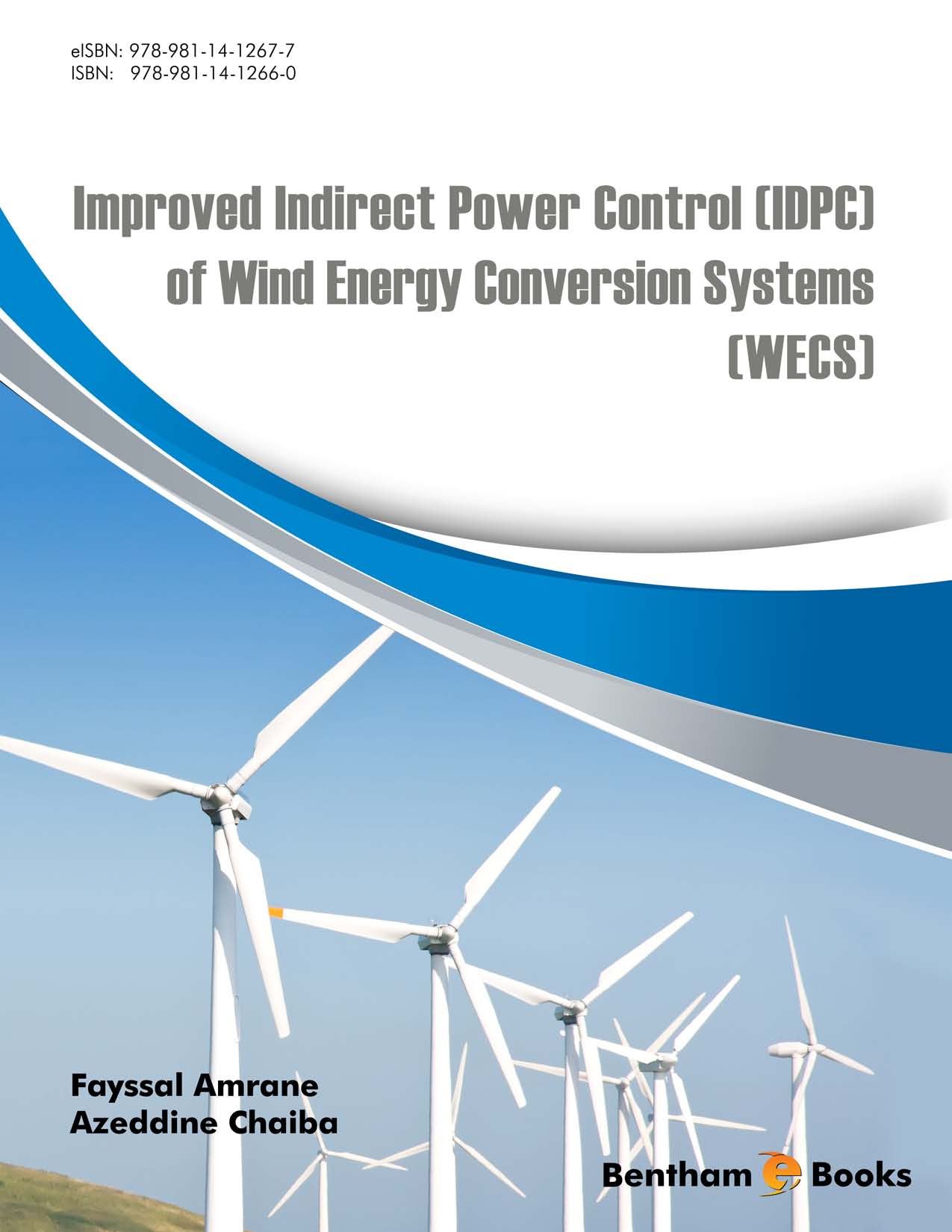Introduction
Wind power capacity in the world has been increased by more than 30% over the last decade in
countries which have prominent installations. Wind energy conversion systems (WECSs) based on the
doubly-fed induction generator (DFIG) have dominated the wind power generation sector due to the
outstanding advantages they provide, including small converter ratings (around 30% of the generator
rating) and lower converter costs.
Due to the non-linearity of wind power systems, the DFIG power control setup presents a big challenge
especially under conditions of high variance in wind-speed and parameter sensing. To overcome these
major problems, an improved IDPC (Indirect Power Control) system based on PID (Proportional-Integral-
Derivative) controller, has been proposed instead of the conventional power inverters.
This handbook covers information about IDPC based WECS. The book starts with a general introduction
to wind power system basics. Subsequent chapters provide additional knowledge about robustness tests
and adaptive / intelligent control systems employed in wind energy systems. The new concept of direct
and quadrature current control (Ird & Irq) under MPPT (Maximum Power Point Tracking) strategy is also
explained along with novel fuzzy logic type control systems. The authors have included detailed
diagrams and an appendix of WECS parameters, making this handbook a useful primer for engineering
students working towards completing licenses, Masters degrees and Post-graduation programs in
advanced wind power energy systems.

